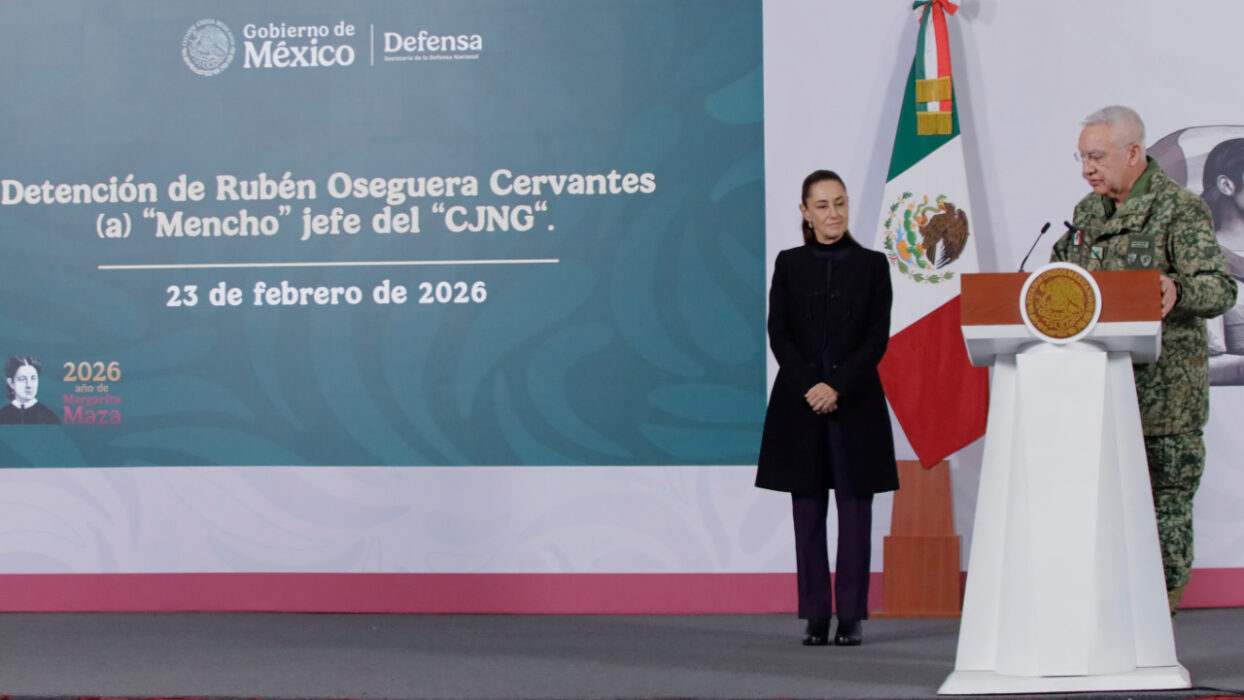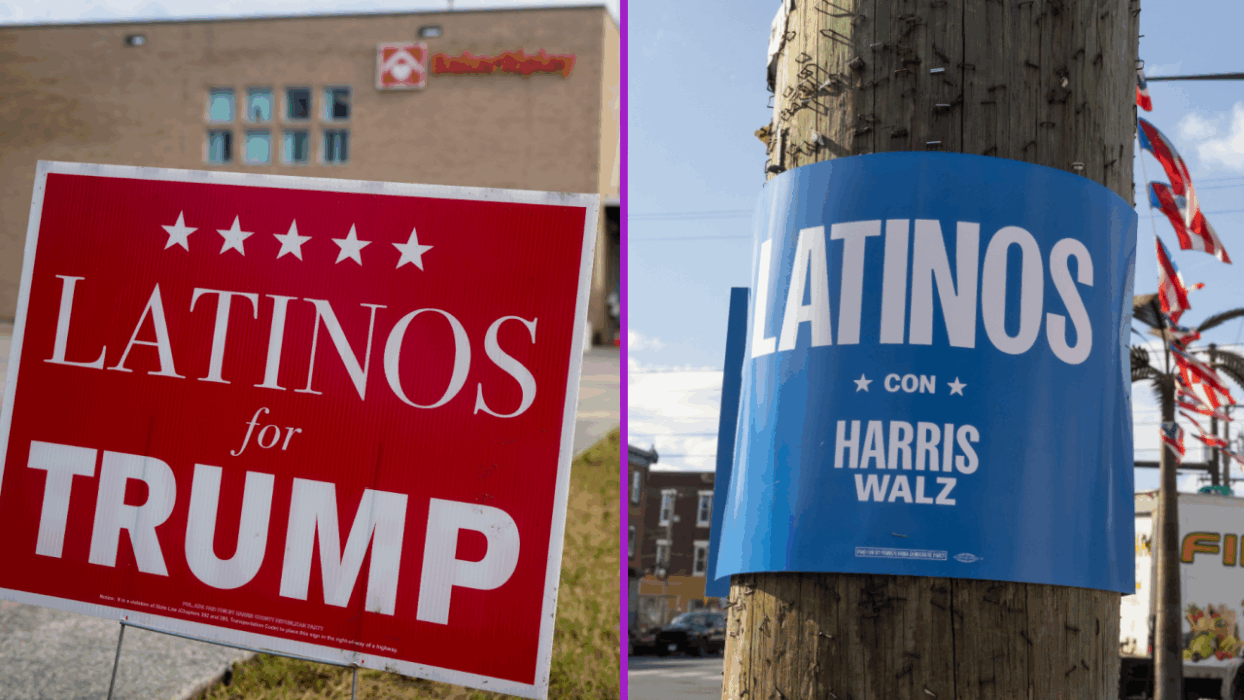
Latina Resigns In Protest After Being Asked To Sign ‘English Only’ Policy
One day you are working without problems. Next, you feel like you had traveled back to the early 20th century when immigrants had no rights.
That’s what happened to Veronica Cajamarca, a Latina former employee of a public office in Erath County, Texas. Cajamarca quit after her supervisor required her to sign an “English-only” rule in the workplace.
Bilingual like millions of others in the United States, Cajamarca navigated both languages at the county’s Tax Collector’s Office.
In fact, it was her ability to speak English and Spanish that got her hired.
As she told Univision, the former employee spoke Spanish in informal situations with other Latina colleagues. This apparently sat badly with those who spoke only English.
“It all started because three women in this same office said, ‘You know what, it bothers us that you speak Spanish, it bothers us that you say things like that or that you speak your language.’ That was the problem,” Cajamarca says.
In early February, her supervisor Jennifer Carey handed her a document that read “English-Only Rule,” asking for her signature of consent.
“I started reading it, and in that instant, I got angry,” Cajamarca recalls. “At that moment, I started to feel my face heat up. I felt like I was suddenly slapped in the face.”
Born and raised in Texas, Cajamarca had never experienced anything like this.
“Yes, I am proudly Mexican, but I am also American and have worked in the United States all my life. Here in Texas, nothing like this has ever happened to me,” she added.
The dark history of the ‘English Only’ movement
What Cajamarca saw as “a slap in the face” is part of a deep-rooted political movement in the United States.
It is a movement that has buried its roots in the collective unconscious for over a century.
We are talking about the “English-Only Movement,” a campaign advocating the exclusive use of the English language in the official operations of the U.S. government.
It was one of the things we inherited from U.S. President Theodore Roosevelt back in 1907. Today, Republican candidates champion the movement across the land.
Although the United States does not have a specific national language, English has been the official language by default.
In the 19th century, French was spoken in Louisiana. And after the Mexican-American War, Spanish and some indigenous languages became part of the lingo in states like California.
Until Roosevelt said, “We have room for but one language in this country, and that is the English language.”
Since then, various advocates within the government have introduced bills to make English the national language. None have succeeded.
These efforts are unconstitutional for civil rights advocates like the American Civil Liberties Union (ACLU).
English-only laws are incompatible with both the First Amendment right to communicate with or petition the government, freedom of speech, and the right to equality.
And this is the case in Veronica Cajamarca’s situation.
Beyond the legal connotations, the reality is that discrimination is evident for the same reasons that prompted Roosevelt to say what he said — fear.




